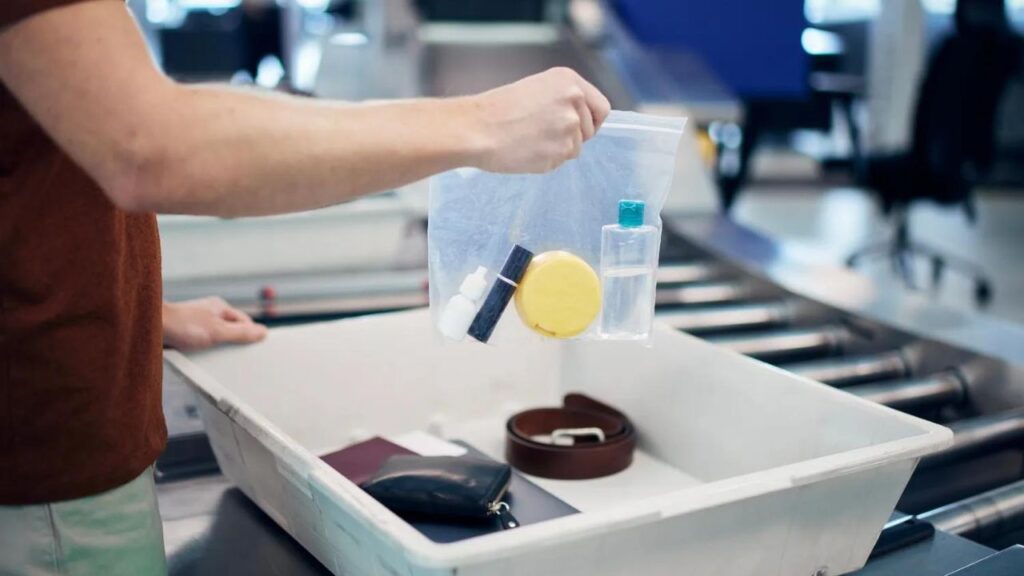Singapore (Commonwealth Union)_ Singapore Changi Airport is testing AI machines to screen carry-on baggage, which aims to reduce the workload of screening agents.
The preliminary results of the AI-powered systems have been positive, and performed as well as or even better than humans.
The use of AI in aviation is an increasing trend as airports and airlines seek to improve operational efficiency and address staff shortages.
Baggage screening is one of the most labor-intensive and time-consuming tasks at airports. Airports globally deploy big teams to screen a long list of prohibited items for both checked-in and carry-on passenger luggage. More than just an airport; Singapore Changi Airport which is a destination in its own right is attempting to cut short the time taken to screen carry-on baggage and is presently testing AI-powered technology for screening purposes.
Testing AI for baggage screening
baggage screening is one of the most time-consuming processes in its daily operations, for a busy airport hub such as Singapore Changi Airport. But the airport is presently testing AI machines at its Terminal 3 to screen images of carry-on baggage with the aim of reducing the workload of screening agents.
The Changi Airport Group (CAG) has, according to The Strait Times, deployed AI machines and tools to interpret images and data from X-ray machines, and the preliminary results have been quite positive. The report says that AI-powered systems have performed as well as or even better than humans in screening baggage.
Checked-in baggage is primarily examined by machines, with human involvement needed only when the scanners flag a particular piece of luggage. CAG aims at developing a similar system where carry-on baggage is only checked by machines with flagged-up cases requiring human input which would significantly reduce the workload of airport personnel.

Also read :
Airlines gear up for record breaking travel during Thanksgiving
Singapore Airlines lands the Airbus A350 in Perth
Accurate detection is key
The technology that is known as Automated Prohibited Items Detection System (Apids) is relatively new in the aviation world but has significant potential. But it is required to go through further trials and development to ensure there are no false alarms, particularly for an airport like Changi that handles a massive volume of passenger traffic. The Strait Times quotes CAG as stating that, with an increase in the number of bags as air travel continues to recover strongly at Changi Airport and passengers packing more items into their bags, one major area of improvement for Apids is to reduce the rate of false alarms to make it operationally viable, as well as to expand the list of prohibited items that it can detect.
Indeed, Singapore Changi’s passenger traffic is steadily increasing, with September 2023 reaching almost 90% of pre-COVID footfall. The airport is also seeing new connections and service resumption from several airlines as people increasingly take to the skies after the pandemic. A new screening technology, could be quite useful particularly as many airports face staff shortages.
AI and aviation
The aviation sector has been quite swift in embracing artificial intelligence to enhance operational efficiency. Eindhoven Airport in the Netherlands is also attempting to use AI tech to improve aircraft turnaround times by using information from cameras on the flight line.
Two Indian airlines, Air India and IndiGo, have also started using multilingual AI chatbots to improve customer service, while Norse Atlantic Airways is teaming up with Avinxt to reimagine ground crew with AI robots. Indeed, the future of aviation seems set to be majorly influenced by AI.








